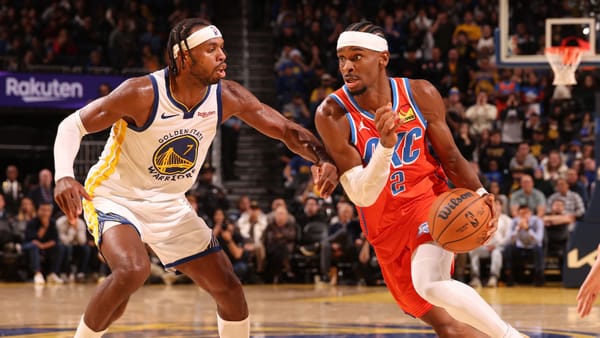Ghana's Semenyo subject to Racist taunts at Liverpool, Suspect arrested
Antoine Semenyo's racist abuse at Anfield exposes football's persistent discrimination crisis as authorities grapple with record-high incident reports and the urgent need for sustained action beyond symbolic gestures.

Key Takeaways
- 25-year-old Ghanaian international, Antoine Semenyo, who plays for Bournemouth, reported racist abuse during Friday's Premier League season opener against Liverpool at Anfield, leading to a 47-year-old man's arrest on Saturday
- The match was briefly halted in the 28th minute as referee Anthony Taylor implemented anti-discrimination protocols
- Kick It Out reported 1,398 discrimination incidents in the 2024/25 season—the highest figure ever recorded and more than double the reports from four seasons ago
Antoine Semenyo's journey from rejected academy trials to Premier League success embodies resilience, but Friday's incident at Anfield highlighted how even accomplished Black professionals cannot escape racism's reach. The Ghanaian forward, whose father Larry played professionally in Ghana's Premier League, represents the global nature of modern football—and unfortunately, the global persistence of racial abuse.
The swift response at Anfield demonstrated football's evolving protocols, with referee Anthony Taylor immediately stopping play, consulting both managers, and implementing anti-discrimination measures. Liverpool captain Virgil van Dijk's reaction was unequivocal: "It's despicable... Anyone who does it should be put in prison—not banned from football". Yet van Dijk's broader observation remains sobering: despite campaigns like taking the knee and "Kick It Out," racism persists.
The timing makes this incident particularly significant. August 2025 has already witnessed racist abuse targeting England's Jess Carter during Euro 2025 and Tottenham's Mathys Tel following the UEFA Super Cup. Kick It Out's latest data reveals a troubling trend: racism remains the most common form of discrimination in football, accounting for nearly half of all reports, while online abuse continues rising with 621 reports this season.
The legal framework exists—UK law treats racially aggravated offenses seriously, with convictions carrying up to two years imprisonment. Merseyside Police's statement was clear: "We will not tolerate hate crime of any form" and will "proactively seek football banning orders". Yet the persistence of incidents suggests enforcement and education must intensify.
The arrest sends a message, but lasting change requires the collective commitment van Dijk referenced: educating the next generation while holding current perpetrators fully accountable.




